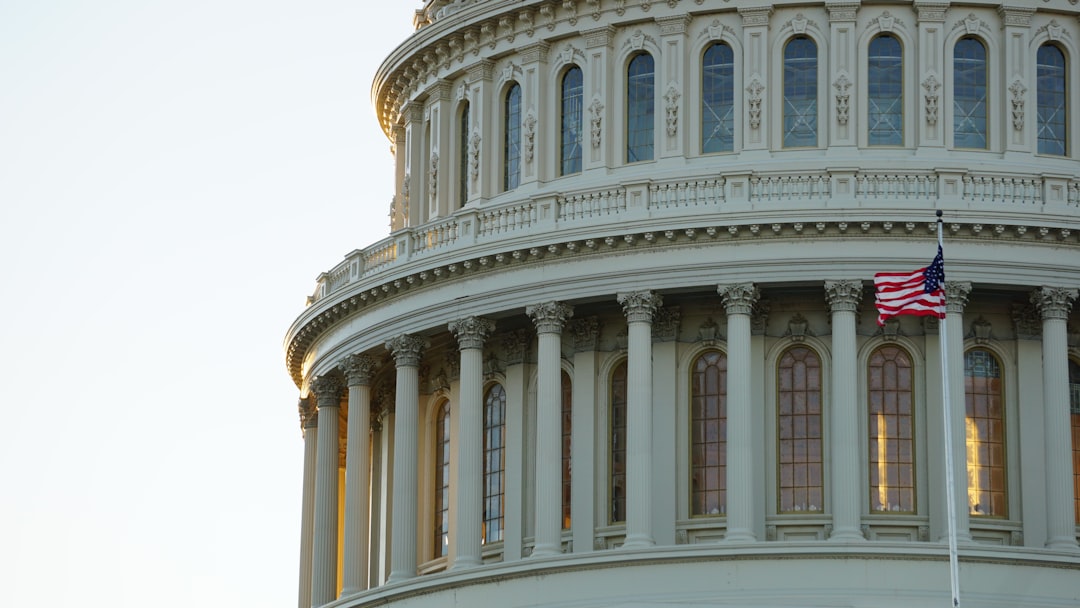In Washington State, strict Spam Call Laws protect residents from deceptive debt collector practices, including automatic dialing and prerecorded messages without consent. A specialized Spam Call Law Firm assists victims by gathering evidence, filing complaints, and pursuing legal remedies to ensure collectors comply with state regulations. Consumers can protect their rights by consulting these firms for damages, apologies, or injunctive relief against unethical debt collection tactics, such as false statements and harassing 'spam calls'.
In Washington State, debt collectors subject to strict regulations under the Spam Call Laws aimed at protecting consumers from aggressive and false statements. This article delves into the legal framework surrounding these practices, exploring the rights of individuals whose debts are pursued through deceptive means. We analyze the consequences for misconduct, highlighting the importance of understanding your options when dealing with debt collectors. Learn how a spam call law firm in Washington can assist in navigating these complex issues and ensuring justice.
Understanding Washington's Spam Call Laws: A Framework for Legal Action

In Washington State, the Spam Call Laws are designed to protect residents from unwanted and deceptive telephone solicitations. These laws are comprehensive and strictly enforced, with severe penalties for violators. A spam call is defined as any phone call made using an automatic dialing system or prerecorded message to a person who has not given explicit consent to receive such calls.
If a debt collector makes false statements or engages in deceptive practices during these calls, it can lead to significant legal consequences. A Washington Spam Call law firm specializes in navigating this complex area of law and helping individuals who have been victimized by such actions. They provide expertise in gathering evidence, filing complaints, and pursuing legal remedies to ensure that debt collectors adhere to the state’s regulations, protecting consumers from harassment and false information.
The Impact of False Statements by Debt Collectors: Rights and Remedies

When debt collectors make false statements, it can have severe repercussions for both individuals and businesses in Washington. These misleading or fraudulent representations are not only unethical but also illegal under the state’s consumer protection laws. If a debt collector misleads you about the nature of a debt, its origins, or even threatens to take actions they cannot legally undertake, you may have grounds for legal action.
Victims of such false statements can assert their rights by contacting a reputable spam call law firm in Washington. These legal professionals are equipped to navigate the complexities of consumer protection laws and help individuals recover damages, obtain apologies, or secure injunctive relief to prevent future violations. By holding debt collectors accountable for their actions, these measures contribute to maintaining fairness and transparency in debt collection practices.
Legal Consequences for Debt Collection Misconduct in Washington State

In Washington State, debt collection practices are heavily regulated to protect consumers from aggressive or false tactics. The state has stringent laws in place to combat abusive debt collection methods, including restrictions on spam calls and misleading statements. Violations of these regulations can lead to significant legal consequences for debt collectors.
Debt collectors found guilty of making false statements or engaging in spam call activities may face substantial fines, as well as potential lawsuits from affected consumers. The Washington State Attorney General’s Office actively enforces these laws, ensuring that debt collection agencies adhere to ethical standards. Consumers who believe they have been victims of such misconduct can seek legal recourse through a reputable Spam Call law firm in Washington, aiming to recover damages and hold the responsible parties accountable.
Navigating the Process: When to Consult a Law Firm for Debt Collector Misrepresentations

If you believe a debt collector has made false statements or engaged in misleading practices, it’s crucial to understand your rights and legal options. Navigating the process can be complex, especially when dealing with aggressive collection tactics or confusing language. This is where consulting a law firm specializing in debt collection laws becomes essential.
In Washington state, there are strict regulations governing how debt collectors operate, including restrictions on phone calls (often referred to as ‘spam calls’) and the information they disclose. If you’ve experienced misrepresented debt claims, misleading communications, or harassing collection practices, contacting a local law firm can provide valuable guidance. They can help determine if your rights have been violated and advise you on the best course of action, which may include negotiating with the collector, filing a complaint, or even pursuing legal action to recover damages for any emotional distress or financial harm caused by their false statements.






